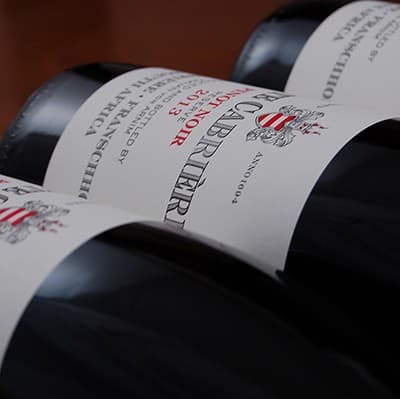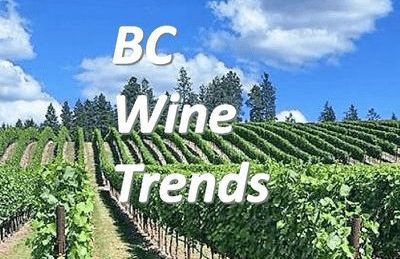
This is the second guest post by John Stuart of Hard to Find WINES.
It’s the pastime of the rich and famous. It can make you rich too.
If you invest in the right bottle of wine it’s as smart as putting money into property. But it calls for some insight. Otherwise, you’ll end up drinking the wine since no one else wants to buy it.
Similar to any commodity there are many factors at play when it comes to value. That’s why you won’t win this game by simply purchasing an old bottle. Knowledge is essential.
Here are a few features to get you started.
1. The Origin
You can’t simply start a vineyard in your backyard. The place the wine originates from is as important as the rest of the process.
Certain areas are known for producing grapes that result in the best tastes.
Surprisingly these areas often make it hard for the vines to grow and produce the grapes. But the results are phenomenal.
Hilly areas are prone to produce excellent grapes. The soil should be low in nutrients. Rain levels also play a role. Dry areas are better for wine makers than regions with moist soil and high rainfall.
Proof that these methods work is everywhere—or rather in every wine shop. The best regions in the world are:
- Napa
- Bordeaux
- Burgundy
Even to the general public, these geographical names are synonymous with wine.
2. Time
Yes, time does play a role. This is usually the only thing the general public think of when mentioning expensive wine.
Extremely expensive wines usually reach their optimum age after 30 years. But this is determined by their ingredients. The tannins in the wine need to calm down. Over many years the wine becomes less acidic. You can imagine it may be undrinkable at first. Wait a few years and the true potential comes out.
You can’t expect this type of ageing process from any wine.
Some wines are made to age for only five years. Other wines are meant to be enjoyed during their first five years.
Putting your cheap bottle of wine on the shelf for a few decades won’t make you rich.
3. The More Bottles the Better
If you’re serious about the investment you should budget for more than one bottle. Part of wines’ values is determined by the wine merchants, online markets and auction houses they’re sold at.
Buyers at these markets value collections more than single bottles. This can be:
- A few well-preserved bottles of a certain type
- Different wines from a certain brand or winemaker
4. Bottle Condition
Aesthetics and condition play a role in every market. No one wants to buy broken merchandise.
You can impress buyers with old bottles that are in mint condition. The condition of the bottle is essential. If a seal is broken it will influence the taste.
Most serious wine traders also enjoy drinking their wares. They may stock their personal wine cellars from time to time. The taste is always important to impress potential buyers.
5. Place of Ageing
The Where is as important as the When.
Wine can be in glass for decades without acquiring character. But switch glass for barrels and magic is made.
Most barrels are made from oak. The oak allows oxygen to enter the wine. This influences the tannins and makes wine smoother to drink.
You’ll also enjoy more flavours thanks to oak including:
- Vanilla
- Almond
- Fruits
- Smoke
- Spices
This is determined by the type of oak used.
6. Fame and Popularity
I almost laughed when I first read this. But it makes sense.
Certain wines become valuable after certain people drink them. Not even the wine industry can ignore the influence of celebrity status.
The reason you want famous people to drink your wine is twofold:
- Thanks to the halo effect famous people are seen as experts. Experts in almost any scenario. If a celebrity is known to enjoy a certain wine people take its value—in terms of taste and enjoyment—for granted.
- Some people love sharing in the lives of the rich and famous. The general public will buy a bottle of wine because their favourite actor was seen drinking it.
This feature is quite superficial but can’t be ignored. Judging a wine’s value accurately requires all the facts.
Are you always on the lookout for a bargain? Perhaps it’s an investment you’re looking for. Now no wine vendor can trick you. Know your facts. An informed choice can result in profit—if you prefer money to a glass of your investment.
Please visit the Hard to Find WINES website to discover their unique portfolio of wines.
